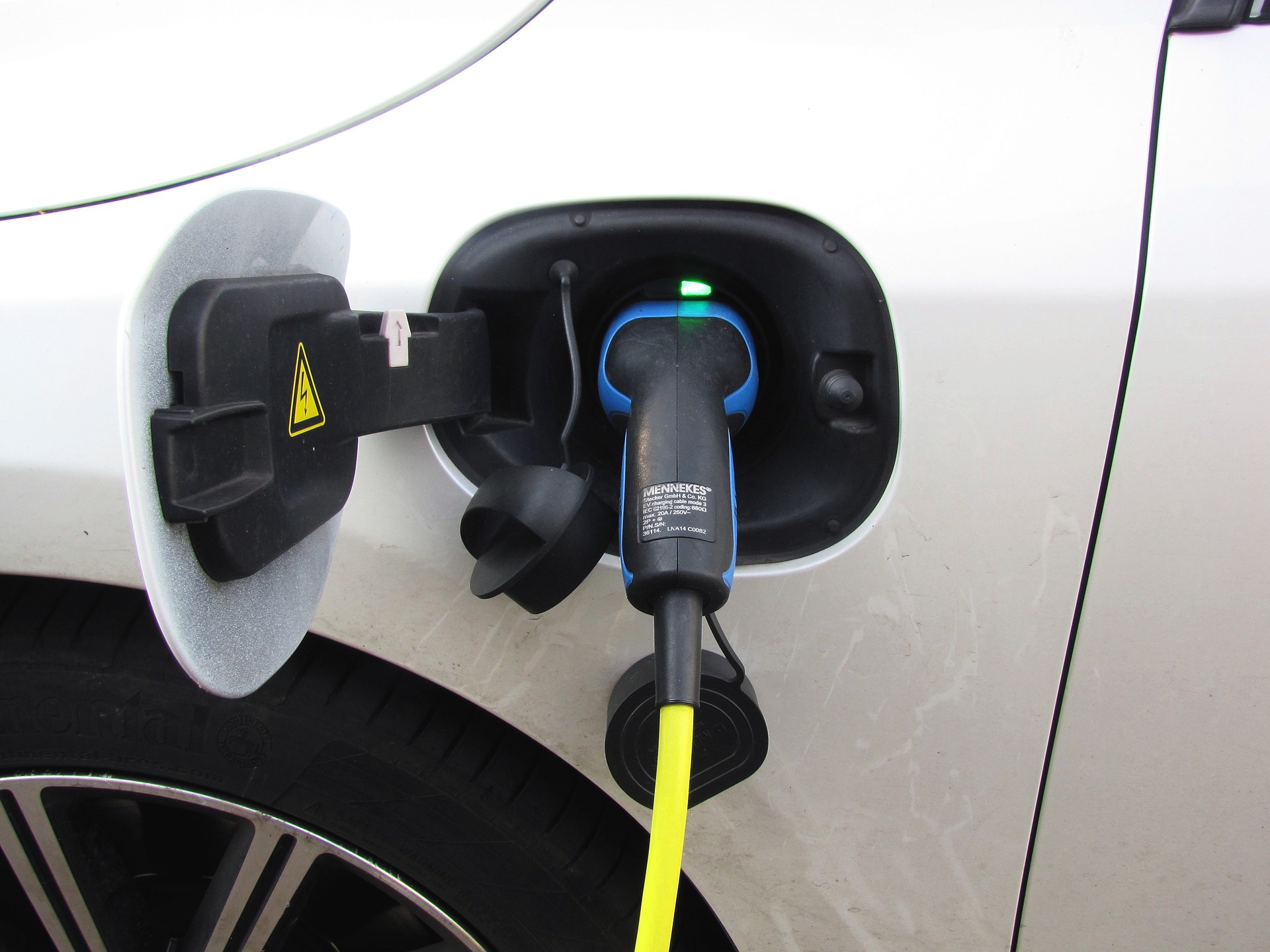Whether you’re concerned about your carbon footprint – or looking to save money on your fuel payments – electric or hybrid vehicles are becoming more and more popular in the UK.
If you’re thinking about swapping your petrol car for a low-emissions model, here’s the information you’ll need to get started.
Electric cars
Powered exclusively by electricity (rather than petrol or diesel), energy is stored in batteries that can be recharged using your home electricity supply. Because they don’t use petrol they don’t emit CO2.
Hybrid cars
Also known as ‘low emission vehicles’ (LEVs), hybrid cars combine an electric motor with a petrol or diesel engine. The electric motor is usually used to provide additional power when accelerating or driving uphill. Because of the 2 power sources, hybrid cars use less fuel and emit less CO2 than standard comparable vehicles.
How much do these cars cost to run?
Generally, electric or hybrid cars cost more to purchase – typically costing around 20% more than the equivalent petrol or diesel car. This is due to the more expensive lithium batteries used in these types of vehicle.
However, they’re often a lot cheaper to run than a petrol or diesel car. Electric cars costing less than £30,000 are exempt from road tax 1, with more expensive models generally falling into lower tax bands than standard vehicles.
Electricity is also a far cheaper fuel source than petrol or diesel, so you can expect to pay around a quarter of the cost per mile driving an electric vehicle than a standard one.
There are also plenty of other perks to owning a low-emission vehicle. For example, electric and hybrid cars are exempt from the London Congestion Charge, and more and more public car parks allow free parking and charging points.


